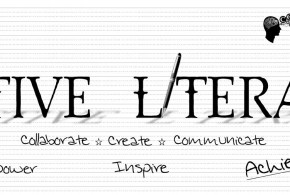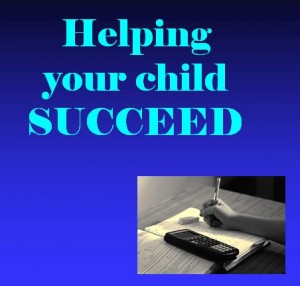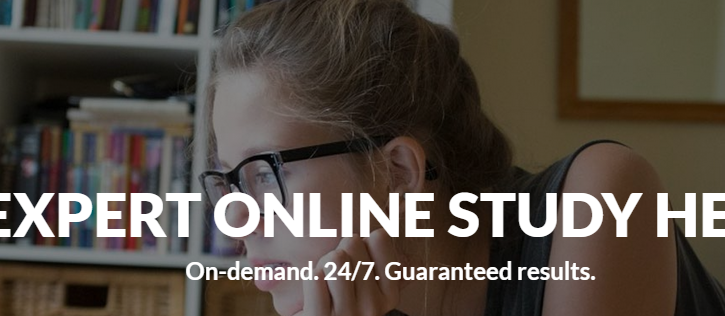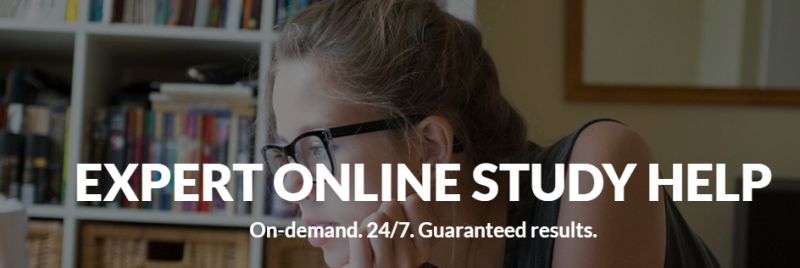According to the Library mission statement:
The Library at Emerald Secondary College is a vibrant hub of activity where students read, research or complete homework, individually, in small groups or as a whole class.
Library staff are committed to providing an environment where students can work to the best of their abilities.
The purpose of the library is to work with the school community in the promotion of:
RESEARCH: encourage the development of inquiring and informed individuals
When researching, it is important that students acknowledge the sources of their information accurately so as not to commit plagiarism.
What is plagiarism?
Using someone else’s ideas and words and passing them off as your own without clearly acknowledging the source of the information.
How do we acknowledge our sources of information?
All sources of information used must be recorded in a bibliography.
To learn how to do this refer to the library website: RESEARCH – Creating a bibliography.
Or type ‘bibliography’ into the library catalogue.
Online bibliography generator: Scotchbib
Why do people plagiarise?
- Ignorance
- Conscious decision to cheat
- Laziness
- Lack of organisational skills
- Lack of note taking skills
How to avoid plagiarism
- Develop good note taking skills by using a note taking sheet
* Online: from library website: RESEARCH – Notetaking sheets
* Hard copy can be obtained from the library desk
- Record all resources used in a bibliography
What are the consequences of plagiarism?
See your teacher if you are not sure of the consequences of plagiarism at Emerald Secondary College.
More information can be found at the website of The State Library of Victoria.
Emerald Secondary College Plagiarism student declaration
(Must be completed by every student on every CAT)
Plagiarism declaration:
Plagiarism is the act of presenting work for assessment that has been copied in whole or in part from another student, or from any other source without recognising this source in a bibliography. For example:
- Direct copying of another student’s work (or allowing a student to copy your work)
- Direct copying from print material, web site or another student’s assignment
- Changing just a few words in a piece that you have paraphrased, while keeping the meaning and ideas of the original piece, or putting together sections of others work into a new whole
- Handing in work that has already been used for assessment in another subject
Consequences
If you are found to be plagiarizing, your parent/guardian will be contacted. Additionally you may be asked to re-sit some or the entire CAT, or in some cases your CAT will be graded as unsatisfactory on your report.
Student declaration:
This assignment is my own original work.
Student name: ________________________ Signed: ________________________ Date: / /












